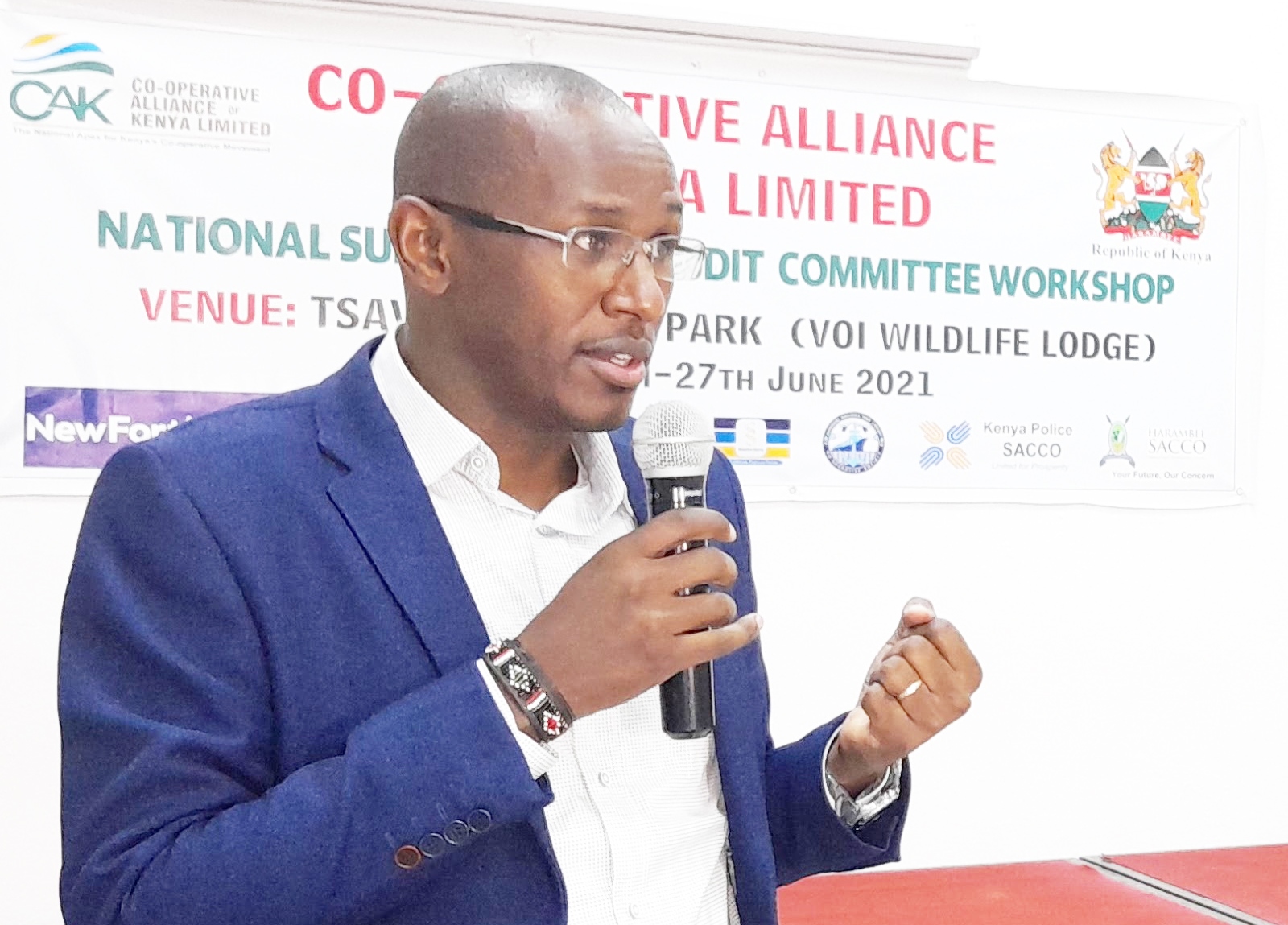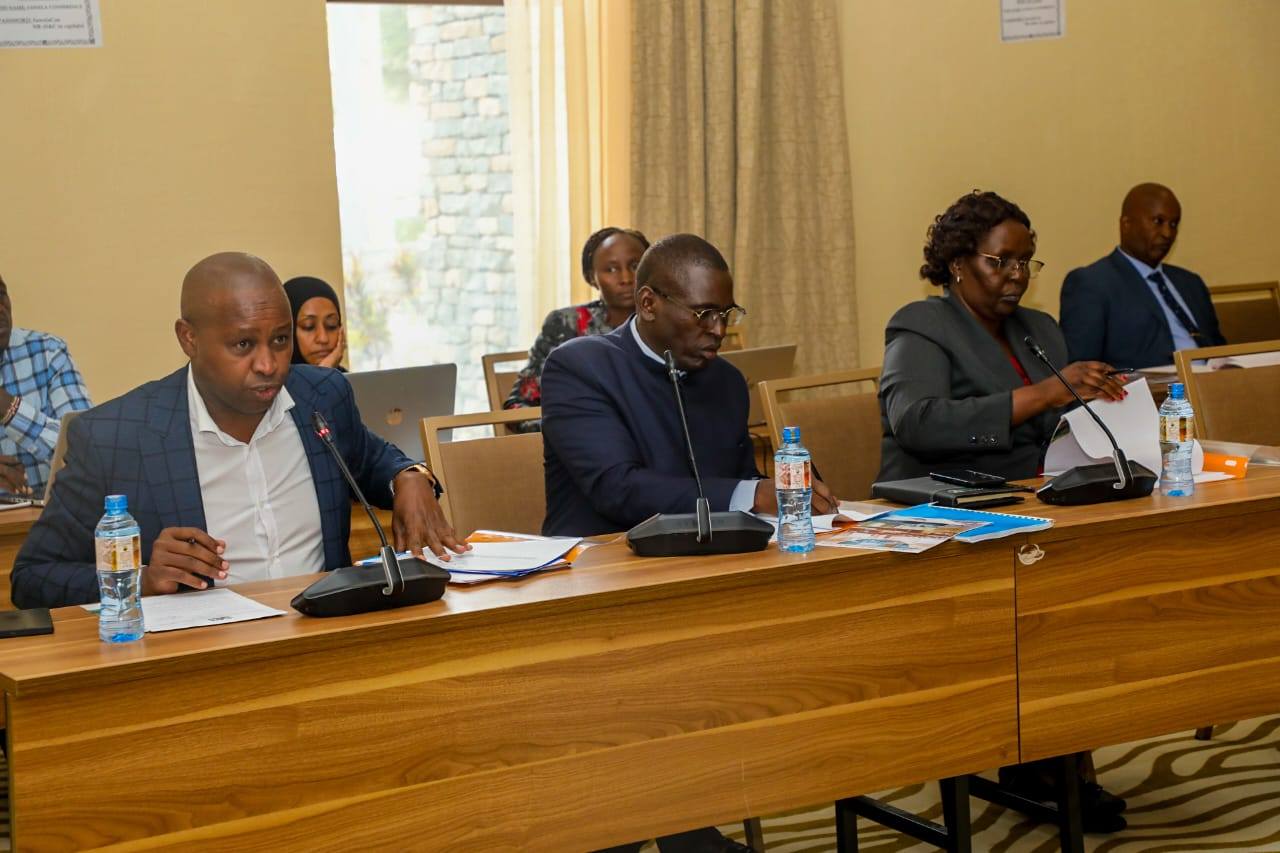The concept of Savings and Credit Cooperative Societies (SACCOs), which have today become an essential part of Kenya’s financial landscape in promoting financial inclusion and empowering communities by providing access to affordable financial services, has a rich history traced to the colonial era.
SACCOs started with the formation of agricultural cooperatives aimed at providing financial and social support to their members.
After independence in 1963, the government encouraged the growth of cooperatives including SACCOs, to promote development and financial inclusion, and in 1968, the Cooperative Societies Act was put in place to provide a legal framework for the operation of SACCOs.
This saw the rapid expansion of societies, mainly in rural areas, with the provision of savings and credit services to their members paving the way for access to affordable credit.
In 2010, the government under the legal framework of SACCO Societies Act No. 14 of 2008 established the SACCO Societies Regulatory Authority (SASRA), a principal agency to oversee and regulate SACCO operations and ensure compliance with financial and prudential standards.
With urbanization picking pace, SACCOs have made inroads into urban areas, diversifying their services to offer a wide range of financial products such as loans, savings, insurance and a number of other investment opportunities.
They are now in tandem with the current digital technology, making it easier for members to access services and make transactions through mobile banking and online platforms.
As confirmed by President William Ruto during this year’s Ushirika Day celebrations held at KICC, Nairobi, SACCOs play a vital role in improving the economic well-being of members by providing avenues for small-scale businesses and individuals to access credit that banks could not offer.
“SACCOs perform an essential financial inclusion function that expands the national penetration of savings and credit services while also making affordable credit available to people struggling to earn livelihoods at the bottom of our socioeconomic structure,” Ruto said.
However, it is important to note that despite the positive impact, SACCOs have faced numerous challenges such as fraud, mismanagement and tough legislative issues, triggering efforts to enhance transparency and strengthen governance within the sector.
The President promised that his government will strengthen cooperative societies to stimulate growth and amplify their power to nurture a saving culture and offer members access to affordable financing.
Speaking in Kakamega during the launch of IG Sacco’s Strategic Plan, Cooperatives and Micro, Small, and Medium Enterprises (MSMEs) Development Cabinet Secretary (CS) Simon Chelugui underscored the critical role played by the cooperative movement in national development.
“Cooperative societies and Saccos will therefore be a way of life and the Government will use the institutions to deliver its services to the people in the broader bottom-up economic transformation agenda,” he said.
By Amos Kerich
Get more stories from our website: Sacco Review.
For comments and clarifications, write to: Saccoreview@shrendpublishers.co.ke
Kindly follow us via our social media pages on Facebook: Sacco Review Newspaper for timely updates
Stay ahead of the pack! Grab the latest Sacco Review newspaper!



